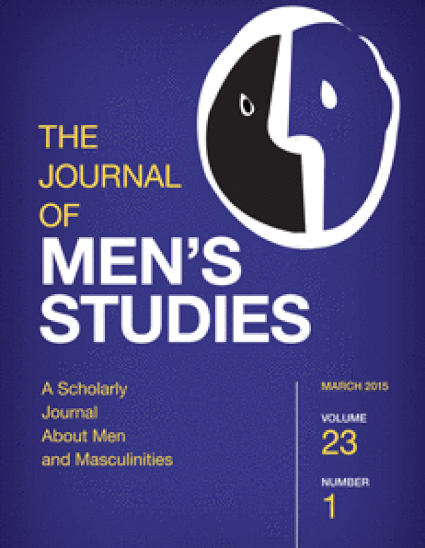
Gender is a widely used variable within criminological literature. Unfortunately, most researchers attempt to measure gender with a single item on a survey. Most often this item simply asks respondents to indicate his/her biologically determined ÒsexÓ (i.e., male or female), which cannot fully address the complex nature of a concept such as gender. This issue has limited criminologists' ability to fully understand the relationship between gender and criminality, with most of the emphasis placed on the fact that males commit more crimes than females. However, this argument does little to explain why some males commit crimes while others do not. Reliance on these externally derived measures may have also led to oversimplified conceptualizations of other important criminological variables such as race and socioeconomic status. A newer, deeper conceptualization of these variables may lead to a better understanding of how they relate to both crime and delinquency. The current paper assesses the current predominant conceptualization of gender within criminological literature and offers a new conceptualization based on Ken Wilber's Integral, All Quadrant, All Level Model, or AQAL.
Available at: http://works.bepress.com/jeff-cohen/2/
